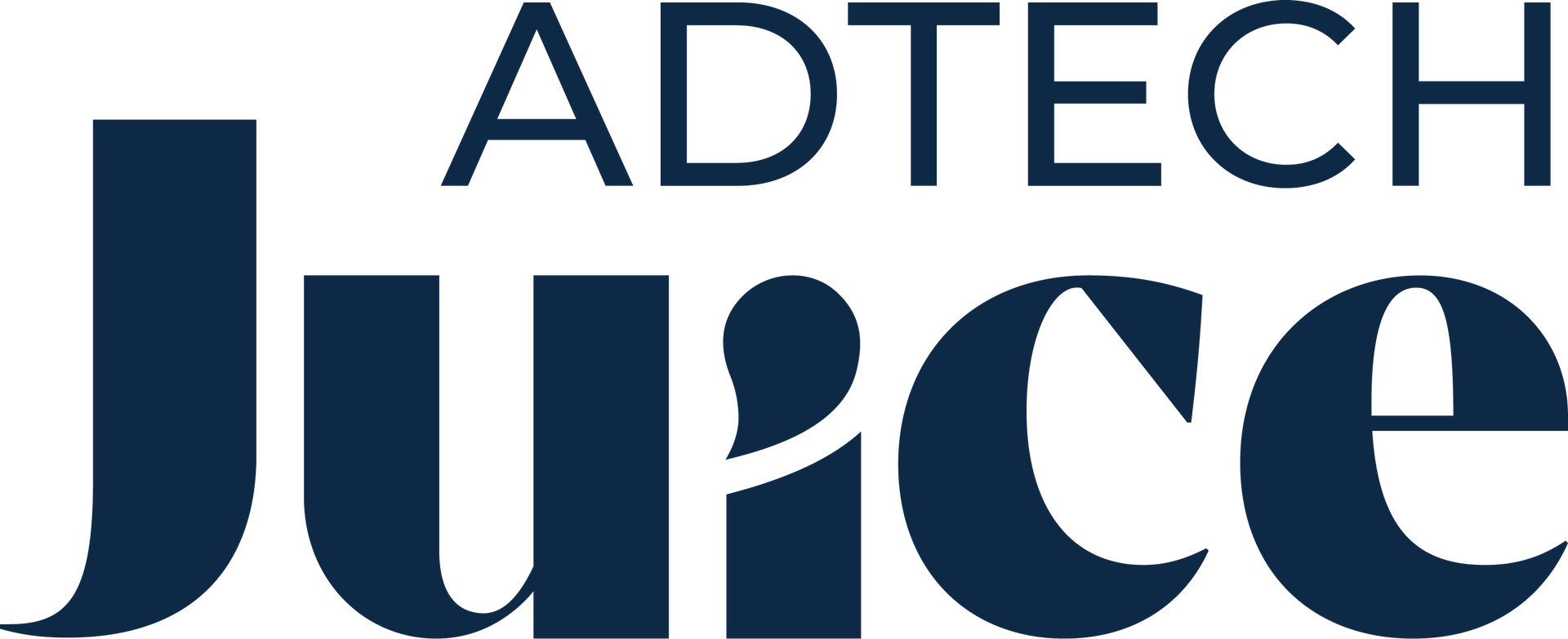Adtech trends: 5 minutes with… Julia Linehan

With the demise of the cookie, the rise of attention, and the increasing focus on industry sustainability, the world of digital advertising is witnessing a period of huge change. Julia Linehan, founder and CEO of The Digital Voice, a B2B Adtech PR agency, tells us how publishers can make the most of this transitional period.
Q: What are the current trends in adtech?
A: I think there are three current trends in ad tech that directly affect publishers. The first has to be the cookie crumbling away. We know this has been coming for a while, and that it was always going to have a huge impact on advertisers and their ability to target an audience, but publishers should see the death of the cookie as an opportunity to take back control of their data, and how they monetise it.
As measurement turns towards alternative types of behavioural tracking, it’s a chance for publishers – and their intimate knowledge of how their audience behave – to use their first-party data to provide better outcomes for audience and advertiser alike.
Contextual targeting will play a big part in doing this, so publishers will benefit if they fully understand their platform, the metadata and signals that power contextual targeting, and focus on providing an amazing advertising experience for consumers.
Finally, attention is a trend that’s been with us for a while, but is one that will play an increasingly prominent role for marketers and publishers as it matures and people understand how it is linked to tangible brand outcomes.
Attention means different things to different people, but at its core, attention is about blending data and creativity (in real-time) to enhance an audiences’ advertising experience.
Q: What opportunity do these present to publishers?
A: Well, clearly the impact of a cookieless ad trading ecosystem, contextual advertising’s resurgence and the rise of attention present publishers with significant opportunities. Combined, these three allow publishers to accurately target, attract and measure audience engagement with greater accuracy than ever before.
Publishers are taking back control. Where the loss of third party cookies will impact programmatic advertising, publishers will be able to create new, innovative processes for obtaining consumer consent. Many are already making the move to releasing new ad solutions that are entirely cookie free (The Guardian are a great case in point).
It’s about taking the opportunity to enable audiences while respecting withdrawal of consent. Data Privacy Day has just passed, and there was a lot of noise surrounding the power of consent, and how consumers will choose how their data is used, so this is an opportunity for publishers to take a fresh look at their use of first-party data.
Q: What are the current trends in martech?
A: It’s hard to talk about trends in martech without mentioning AI; there’s a lot of buzz around the subject – not all of it positive – but AI shouldn’t be feared. Really, it’s about understanding what it can offer the industry.
AI has been used by marketers in one form or another for years, but there’s no doubt that technologists are playing an increasing role in AI marketing, and there’s a huge amount of recruitment in the space (which we haven’t seen before).
Marketers need to decide how to deploy AI, and the best ways it will enhance their solutions, whether that’s through generating content, audience curation, or optimisation and measurement. For publishers that get it right, AI will become an increasingly useful tool in staying ahead of consumer expectation, and refining and enhancing their offering.
On a separate note, I should also add that various companies have shown that they can significantly reduce the carbon footprint of a digital advertising campaign, and it would be remiss of the industry not to commit fully to understanding the importance of being carbon smart.
Q: What opportunity do these present to publishers?
A: There’s never been a better time for publishers and marketers to collaborate on new partnerships. This could be for greater, more personalised customer experiences or sharing data insights and strategies.
In the same way that AI is being touted as a key driver of brand success, so it will be key in transforming marketing practices. Publishers have got to be geared up to enable and support this kind of growth and technology. Work with it, not against it!
Q: How can publishers use adtech more effectively?
A: Well, I’ve already mentioned that matching attention to tangible brand outcomes will help publishers work more effectively. In a similar vein, embracing the revival of contextual targeting (and working on creating richer contextual signals) will enhance audience targeting while satisfying consumer privacy and consent requirements.
More generally, publishers should reconsider historical channels (such as contextual targeting and email marketing) that already have the tools and strategies to better target and engage customers. These solutions are cookieless, yet still deliver performance and insights for brands.
Publishers need to use adtech to create meaningful metrics. Cookie depreciation is posing challenges that make it harder to measure conversions and attributions, but brands and marketers are more likely to go after measurable channels… and adtech is pioneering this space. In this respect, it’s a great time to go after mid-level metrics such as brand lift.
Finally, use adtech to ensure that you’re brand safe so that premium CPMs feel confident in working with you.
Q: How can publishers use martech more effectively?
A: The partnership economy is booming, but what does this mean for publishers and how can they take advantage of the sector’s success? A publisher needs to start by understanding its audience, and then affiliate with appropriate brands and influencers, creating a powerful triumvirate of marketer, influencer and publisher.
Publishers can also use martech to understand the increasing cost of customer acquisition, and help marketers bring these all-important numbers down. Similarly, it can be expensive tracking return on investment, but one that publishers should also offer to marketers.
Q: What’s in the pipeline from The Digital Voice?
A: The Digital Voice is (and always has been) a 100% adtech-focused company. We work with a variety of different companies across the ecosystem: from retail media to measurement, brand safety, creative curation, sustainability and email marketing. In other words, the full spectrum.
We really pride ourselves on having a diverse team, and it’s proven to increase performance across businesses that invest in diversity. It’s key that the industry should be doing as much as possible to embrace diversity – and the contribution each individual team member brings to the table.
As a PR agency, we’re seeing change across the sector. Generally speaking, there’s a move away from pure-play PR, towards a more holistic, campaign base method of amplification. For example, we now deal in podcasts, email campaigns, social media, animation and creative, strategic thinking, multimedia and events. Think of it as ‘PR pro plus’!
The market continues to surprise me in its ability to constantly push forwards and outwards, and a lot of our clients support and enable publishers to work more efficiently by using adtech and martech. Our job is to help create the messaging that explains their offering, and what challenges it solves for publishers. It’s a fascinating space to be in. I wish I had a crystal ball to see what this year holds for the industry, but it feels like an exciting time.
Also published in: InPublishing



